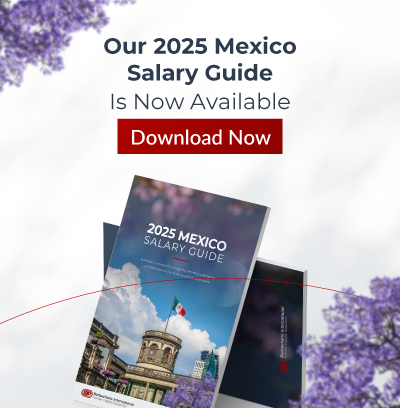
Despite the modernity of today’s job market, many old-fashioned, pervasive myths still surround the question of employment duration. Career professionals must debunk these misconceptions to navigate the contemporary workforce successfully. This article aims to challenge three of the most common job-duration myths, namely:
- The Two-Year Rule
- Job Loyalty Always Pays Off
- Frequent Job Changes Are Career Suicide
Let’s shed light on the objective factors determining job duration and discuss ways to steer job changes effectively.
Myth 1: The Two-Year Rule
The perceptions behind this myth are that changing jobs every two years can increase earning potential, is the ticket to career advancement, broadens one’s skill base, and builds a more extensive professional network (Dynamo Careers).
However, Elsbeth McSorley, Community Manager for The Predictive Index, says that longevity in a role also has clear benefits (i.e., it demonstrates responsibility, which can lead to internal promotions and specialized expertise). She pinpoints four important qualities prospective employers discern about candidates based on their previous job longevity:
- They don’t bail when things get tough.
- They have likely undergone significant professional development.
- They are capable of commitment.
- They were valuable to their previous employer.
“People who want […] their pick of the best jobs should probably try to stay in one job for at least four to five years at a time,” McSorley says. “This […] allows them to learn more and do better work.”
Myth 2: Job Loyalty Always Pays Off
Conversely, another myth perpetuates that staying with one company for an extended period always leads to career success. This belief system asserts that long-term employment leads to economic stability, career advancement, better benefits, job satisfaction, and skill development.
The truth is that people who change jobs at least once in a while achieve the most significant pay growth. The ADP March 2023 Pay Insights Report shows that workers who stayed in their jobs experienced average gains of 6.9 percent year-over-year. However, the average yearly pay increase for workers who changed jobs was 14.2 percent.
In addition, Human Workplace CEO Liz Ryan maintains that people who stay too long in one job tend to “fall asleep” in their careers, descending into predictable routines that stifle growth, advancement, and satisfaction (Forbes).
Myth 3: Frequent Job Changes Are Career Suicide
Another antiquated notion that follows the same lines is that changing jobs too often (“job hopping”) harms your career. This myth suggests that employers think a resume listing numerous prior jobs signals unreliability and a shallow depth of experience. It also assumes that job hopping hinders skill development and limits long-term growth.
In reality, asserts John Sullivan, professor of management at San Francisco State University, as many as 32 percent of employers have come to expect frequent job changes. He says job hopping has “become part of life” (HBR). His research indicates that 70 percent of employees change jobs every two years. This statistic reveals that the advice to stick it out at a job at all costs for your resume’s sake is no longer timely.
Tips for Determining Job Duration
Here are three tips for considering the age-old question, “Should I stay or should I go?”
- Set clear and specific long-term career goals and analyze whether your current position is helping you reach them.
- Don’t stay in a job where you’re unhappy, regardless of how long you have or haven’t been there. Remember, the most crucial factor is your overall well-being and quality of life.
- Order your priorities regarding workplace culture, career progression, job satisfaction, and monetary compensation. Evaluate every opportunity (including your present one) according to how it aligns with your top priorities.
Making a Successful Career Hop
Rarely do individuals make one jump and land exactly where they want to stay. Therefore, make sure each “hop” on your journey moves you forward regarding learning, experience, and hopefully remuneration. Leave as a means of achievement, not avoidance.
I can’t overemphasize the importance of being fully informed about the company you’re joining and your place in it. Once you’re convinced you’re making the right move, jump in with both feet and follow these guidelines to get off to a good start.
Also, leave your current position on the very best of terms whenever possible. Who knows? You may return to the company someday in a new capacity. Depart professionally by offering advance notice, assisting with the transition, and expressing gratitude for the opportunity. Don’t burn any bridges.
The best reasons to leave or stay at a job depend entirely on your circumstances, values, and career goals. Don’t fall for the myths, no matter how prevalent and persuasive they sound. You’re in the driver’s seat; you decide when to stay the course and when to take a strategic exit.

By Octavio Lepe
Executive Vice-President
Octavio is the search practice leader for Executive Management, Food & Agriculture, Sales & Marketing, and D&I in the Americas.
Barbachano International is the premier executive search and leadership advisory firm in the Americas (USA, Mexico, Canada, and Latin America) with a focus on diversity and multicultural target markets. Outplacement, Exe

